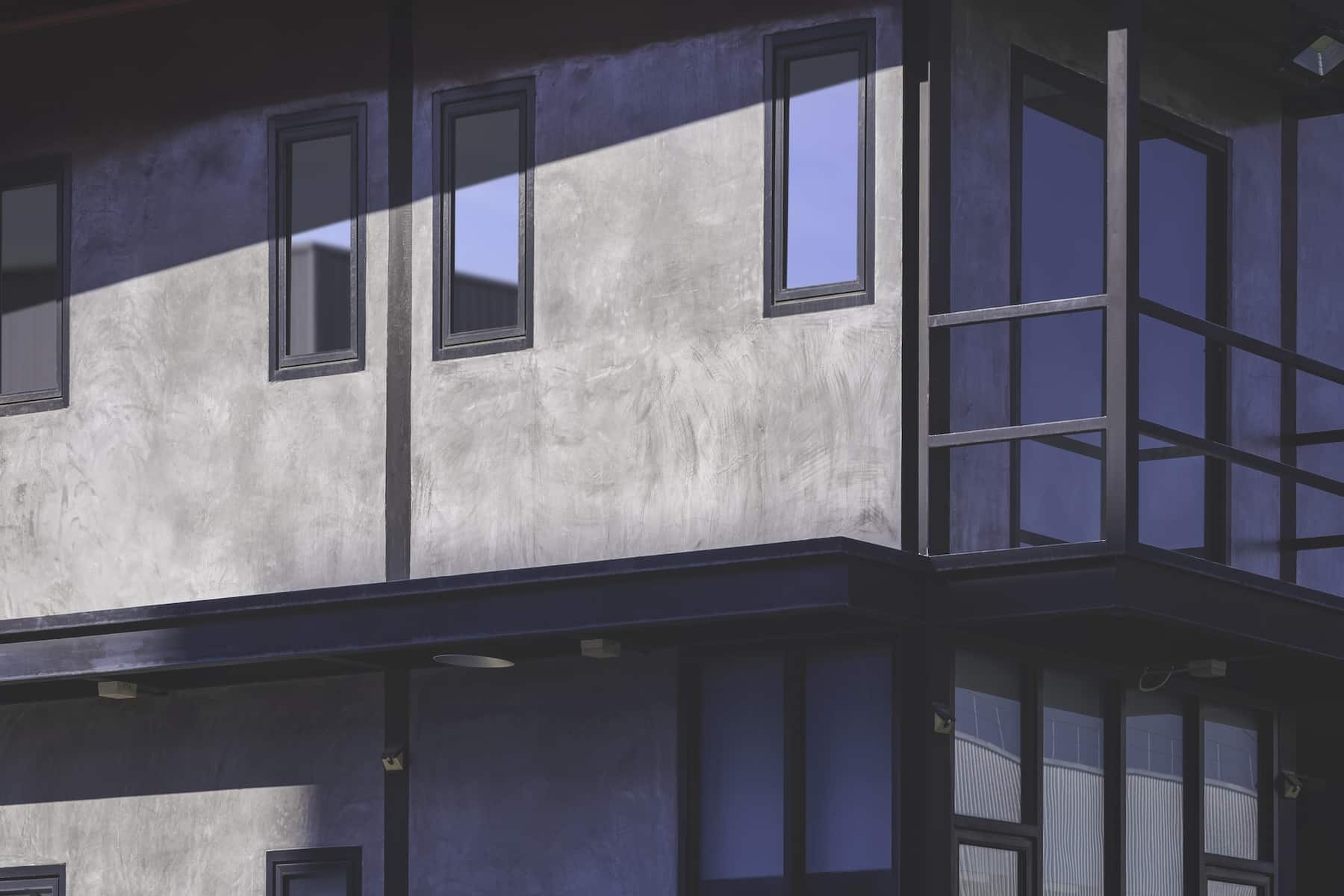Siding is one of the decisions you must make when adding to your home. There are many different options available. The two most popular are fiber cement and composite siding. Understanding the differences between these two will help you make the best choice for your home addition.
Appearance
One of the first things many homeowners consider is how the siding looks. You want your home to look its best. In terms of appearance, there are some differences to consider.
Fiber cement siding can be painted any color and textured to mimic wood or other materials. This gives you more options when it comes to colors. If you don’t like it, paint it. It takes paint well.
On the other hand, composite siding is colored at the manufacturing level. This means you pick your color when you choose the siding. You can also choose a wood-grain texture option.
Durability
Durability is important when considering siding. You don’t want to replace your siding every few years. Fiber cement siding is a mixture of sand, cement, and fibers. It is the most durable of the two. Fiber cement siding can withstand fire, moisture, insect damage, and fire. It doesn’t warp like composite materials.
Composite siding is also not as durable as fiber cement siding. Resin, wood fibers, and other materials are combined to make this siding. It can be prone to sun damage, such as discoloration or warping.
Installation
In addition to the siding cost, you have to consider the installation cost. Fiber cement siding is more difficult to install due to being heavier and more rigid, which means you need two or more people for installation. Composite siding is lighter and more flexible, making it easier to cut and install. It can be installed with common tools rather than specialized equipment.
If you choose fiber cement siding, incorporate a higher installation cost factor than composite siding.
Energy Efficiency
Fiber cement boards are better at absorbing heat from the sun than composite siding boards. This is beneficial in regulating the temperature of your home. Both fiber cement siding and composite siding are available with or without insulation. This is important when considering the energy efficiency of your home addition.
Overall, both are good choices for siding. Fiber cement siding is a good choice for durability and low maintenance but is heavier and less easy to install. Composite siding is typically less expensive but not as durable as fiber cement.
Your home is an investment for life. Call us today to review these siding choices, and let us help you make the right choice for your home addition. We will go over the pros and cons of each and determine the best fit for you.

